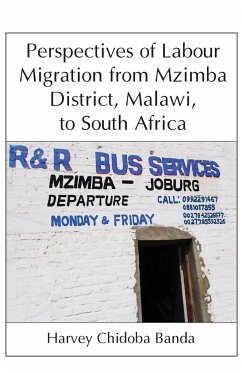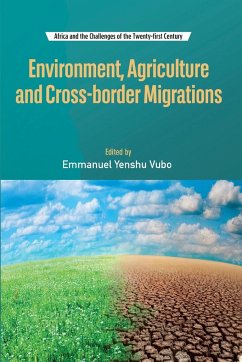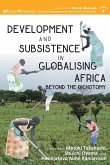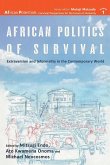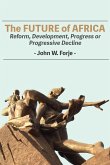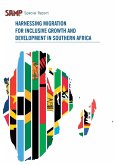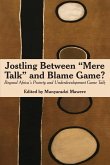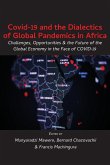Labour migration from Malawi to South Africa is a 'century-old phenomenon'. It dates as far back as the 1880s following the establishment of diamond and gold mines. In the period up to the 1980s, this migration took either formal or informal nature whereas in the post-1990 period it became exclusively informal, popularly known as selufu in Malawi. This book is an attempt to shed light on both forms of migration over time. By using the case of Mzimba, one of the major labour migration districts in Malawi, Perspectives of Labour Migration shows that migration, especially in the post-1990 period, remains a preoccupation of the different categories of both men and women in selected areas in the country. A cross-section of Malawians continue to regard emigration to South Africa as a means to an end: a way of fulfilling their heart-felt and life-time goals at household and societal levels. Because of their distinguished and unparalleled determination, these labour migrants continue to 'flock' to South Africa in the midst of such challenges as xenophobia, crime, arrests and deportations. The book advances the argument that Malawian labour migrants are purposive and rational human beings who are ready to overcome these challenges, at times using the most improbable means, for example, through the use of mankhwala gha mwabi (luck medicine).
Hinweis: Dieser Artikel kann nur an eine deutsche Lieferadresse ausgeliefert werden.
Hinweis: Dieser Artikel kann nur an eine deutsche Lieferadresse ausgeliefert werden.

